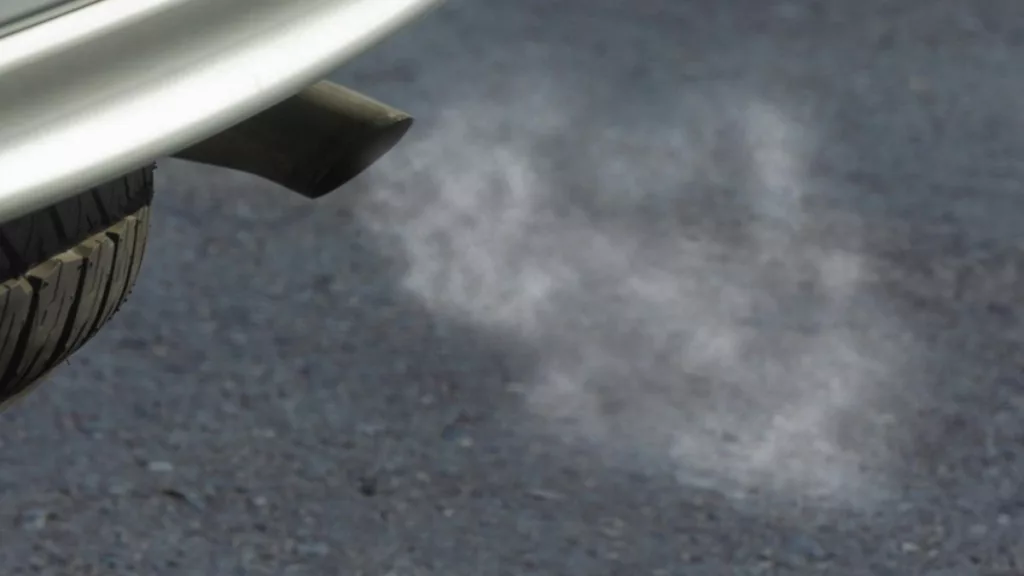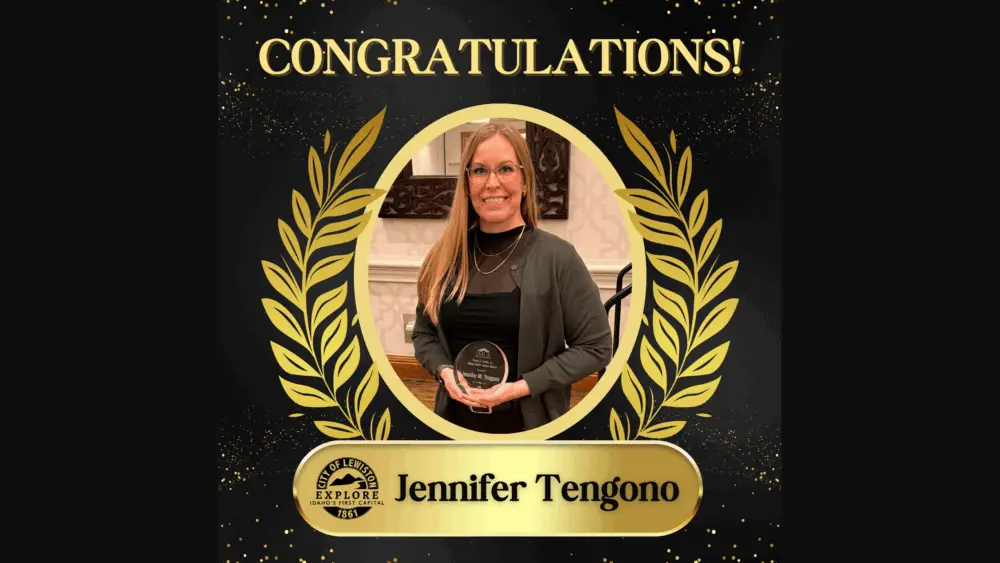(Olympia, WA) The Washington Policy Center said Wednesday that it is suing the state Departments of Ecology and Commerce over the agencies’ failure to comply with a state law requiring timely reporting of greenhouse gas emissions.
The Seattle-based free-market think tank filed its lawsuit in Thurston County Superior Court in an attempt to force the two agencies to comply with RCW 70A.45.020, which requires agency staff to report statewide greenhouse gas emissions for the preceding two years at the end of an even-numbered year.
The law requiring timely disclosure of greenhouse gas emissions was adopted in 2008.
Department of Ecology staff has released data only through 2021, not through 2023, as required by law.
According to the emissions data released earlier this month for 2020 and 2021, there was a significant increase in emissions during Gov. Jay Inslee’s first nine years in office.
“Washington state claims to be a leader in climate policy but policymakers don’t even have recent data to determine if our policies are working,” WPC Vice President for Research Todd Myers said in a news release. “The state’s climate resilience strategy says, ‘Climate change is a problem for today – not tomorrow,’ and yet at Ecology’s current rate, legislators won’t have data about 2024 emissions until 2029. Ecology should do its job today, not tomorrow or years from now.”
Joel Creswell, climate pollution reduction program manager at the Department of Ecology, told KUOW earlier this month that “the big takeaway is that Washington met the 2020 legal limit on greenhouse gas emissions that’s laid out in law.”
He went on to reference the COVID-19 pandemic, which began at the end of 2019 and resulted in states, including Washington, implementing shutdowns in 2020 in an attempt to stop the spread of the then-novel coronavirus.
“I think we all remember 2020, perhaps not so fondly, as a time when people were not going to the office, people were not going out in their cars, they were not getting on airplanes and trains and boats,” Creswell said.
According to the WPC news release, the most recent data put out by the Department of Ecology staff shows Washington is above the carbon dioxide level required to meet 2030 emissions targets. More specifically, the state “must reduce statewide emissions by the equivalent of more than three reductions of the size that occurred during the COVID lockdowns.”
WPC is being represented by the Citizen Action Defense Fund, an Olympia-based nonprofit watchdog organization dedicated to defending the constitutional rights and personal liberty of all Washingtonians.
“State agencies have to follow the law like everybody else. They can’t get a pass from the courts for turning in homework incomplete and late,” CADF Executive Director Jackson Maynard said in a news release. “We are proud to represent Todd Myers in this, as we want to be sure state agencies play by the rules. This isn’t an issue of resources – as we note in the complaint, the agencies have a combined biennial budget of almost $6 billion. They have the money to do the job. They should get it done or the court should order them to do it.”
The Center Square reached out to the Department of Ecology for comment on the lawsuit.
“Climate change is an urgent issue, but there are no quick fixes. The state has enacted a strong suite of policies to reduce climate pollution to net zero by 2050, and it will take time to assess their impact,” Caroline Halter, communications manager with the Department of Ecology said in an email.
She went on to say, “Like other states, Washington’s inventory has historically relied on the most recent federal data available to us, which lags by several years. The Washington Department of Ecology is committed to providing more current emissions updates to lawmakers and the public, and thanks to recent funding appropriated by the Legislature, we’ll be able to do that. This is technically challenging work, but with our new, expanded team, we’ll be able to identify and develop more current data that we can utilize.
“Regarding the Climate Commitment Act specifically: we have other tools, aside from the greenhouse gas inventory, for measuring the impact of this new law. Again, it takes time to assess impact, but preliminary data shows that we are off to a strong start.”





